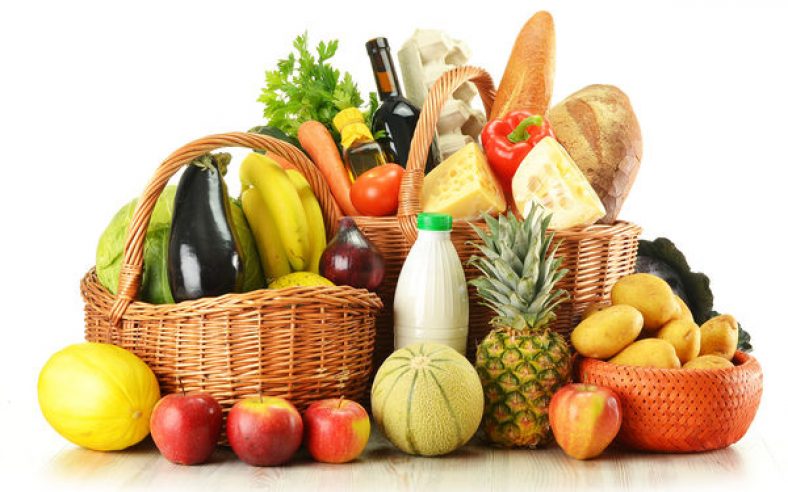
“The moral is that healthy men who are of normal weight with no significant comorbidities are unlikely to benefit from restrictive diets,” said Dr. After 10 weeks of eating the high-fat diet, testosterone increased by 118 points, on average, while after the low-fat diet, levels declined by about 36 points. Men in the other group ate a more traditional Western style, low-fat diet, containing 25% of calories from fats, 55% from carbohydrates and 20% from protein. Calories consumed were the same, but one group ate a high-fat, very-low-carb, ketogenic-style diet, consisting of 75% of calories from fats, 5% from carbohydrates and 20% from protein. Still, Joseph Whittaker, lead investigator and a nutritionist at the University of Worcester in Britain, said he would not recommend a man increase the fats in his diet unless he had low testosterone levels and symptoms of low T and was already restricting fats.Īnother study in the Journal of Strength and Conditioning Research tested two styles of diets in 25 fit men between the ages of 18 and 30. Men who followed a vegetarian diet tended to have the lowest levels of testosterone, about 150 points lower, on average, than those following a high-fat, meat-based diet.

A recent British review that pooled data from 206 volunteers, for example, found that men on high-fat diets had testosterone levels that were about 60 points higher, on average, than men on low-fat diets.

Studies on foods or diets and testosterone levels have generally been small and the findings far from conclusive. Shalender Bhasin, professor of medicine at Harvard and director of Brigham and Women’s Hospital's Research Program in Men’s Health: Aging and Metabolism. The trajectory of falling testosterone is steeper among men who gain a lot of weight, said Dr. But the drop can vary tremendously, with some older men maintaining levels similar to healthy young men. Starting at around age 40, men’s testosterone levels start to decline by about 1% per year.


 0 kommentar(er)
0 kommentar(er)
